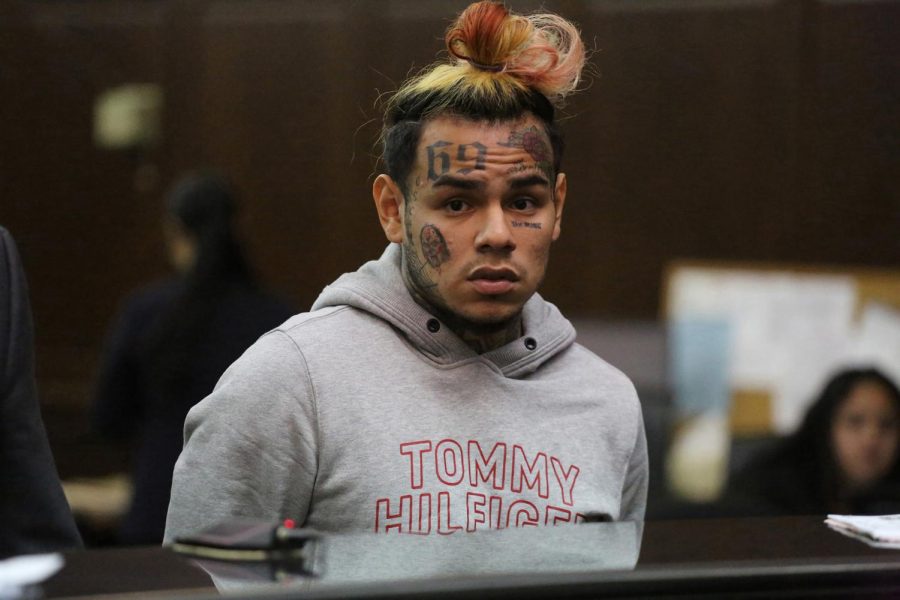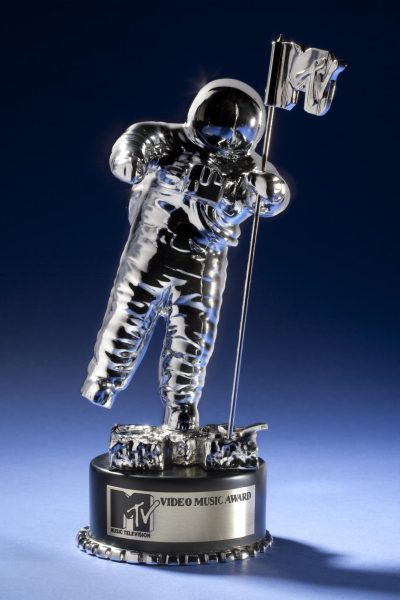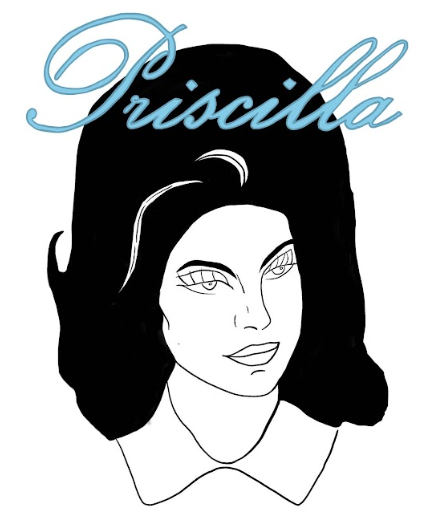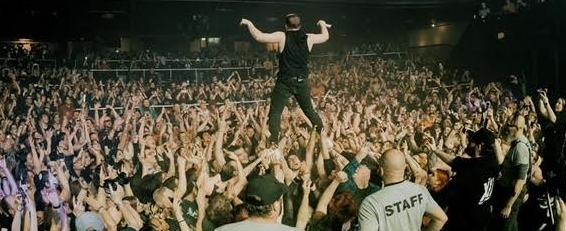Young Rappers Dwindling Fast
In recent news, many of our young rappers have expired from overdoses or violent crimes and/or been incarcerated. How and why is this tragedy so? Why are so many young artists, barely out of their teen years, dying horrific deaths or winding up behind bars? What is the music industry doing about this? How can we, as a community, prevent it?
Rappers who have died include: Juice WRLD, Mac Miller, XXXTentacion, Nipsey Hussle, Lexii Alijai, Lil Peep, Hella Sketchy, Jimmy Wopo, Smoke Dawg, etc. Rappers who have been incarcerated include: Kodak Black, Tekashi 6ix9ine, XXXTentacion, Soulja Boy, and more. According to the website The Guardian, “Death is everywhere in SoundCloud rap” and unfortunately, that appears to be the case.
In case no one was aware, Soundcloud is becoming popular among many of our Hills students. Not to say SoundCloud is the main cause of these tragedies in the music industry, but it appears to be an underlying factor.
Other trends, like tattoos, also popular with young adults, especially rappers, many of whom tattoo their faces, seem to also contribute to the problem.
For young adults today, drug abuse is trending more than ever before with the rise of vaping and rappers boasting about their drug deals in their lyrics. The percentage of teen vaping is increasing, according to drugabuse.gov.
According to hishouserehab.com, a study of drug references in rap songs found that just 11 percent of rap songs from 1979 to 1984 contained references to drugs, which soared to 69 percent of rap songs in 1993 and then 77 percent between the years of 2005-2008. And the numbers are still on the rise.
Another disturbing trend is the rise of violence in the young adult world. Rappers are no strangers to savage fights and shootings; high schoolers are no strangers to these, either.
According to the September 2008 bulletin “Facts for Family,” published by the American Academy of Child and Adolescent Psychiatry, “as children grow older, parents pay less attention to the music and videos that capture and hold their children’s attention. The following themes, which are featured prominently in some lyrics, can be particularly troublesome: drugs and alcohol abuse that is glamorized, suicide as an ‘alternative’ or ‘solution,’ graphic violence and sex which focuses on control, sadism, machoism, incest, children devaluing women, and violence toward women.”
A 2019 article published by Youth Voices concurred that rap music appears to have a negative effect on teens: “It is believed that many males who listen to rap music are viewed to have more violent tendencies compared to those who don’t listen to rap music. This includes being more disrespectful and aggressive towards women in general.”
A study from Emory University concluded that “those teens between the age of 14-18 who listened to music roughly around 14 hours a week were three times more likely to get in a fight with a teacher, 2.5 times more likely to find themselves getting arrested, and 1.5 times more likely to partake in illegal activities, such as underage drinking and experimenting with drugs, including getting a sexually transmitted disease.”
The music industry shouldn’t only be concerned with their artists producing music, but also with their health. Many of these rappers’ lyrics revolve around drug use, current or past violence, mental illnesses like depression, and the list goes on. Their words of distress or pride in their troubled and reckless actions is becoming the mainstream for our younger generation.
We, as a community, should take note of this and try and take better steps for prevention. We need to save our younger generation, tomorrow’s future, from dropping like flies in a war no one knew they were fighting, being it depression or addiction, instead of being bystanders to the strikingly increasing number of bodies beneath the ground.






